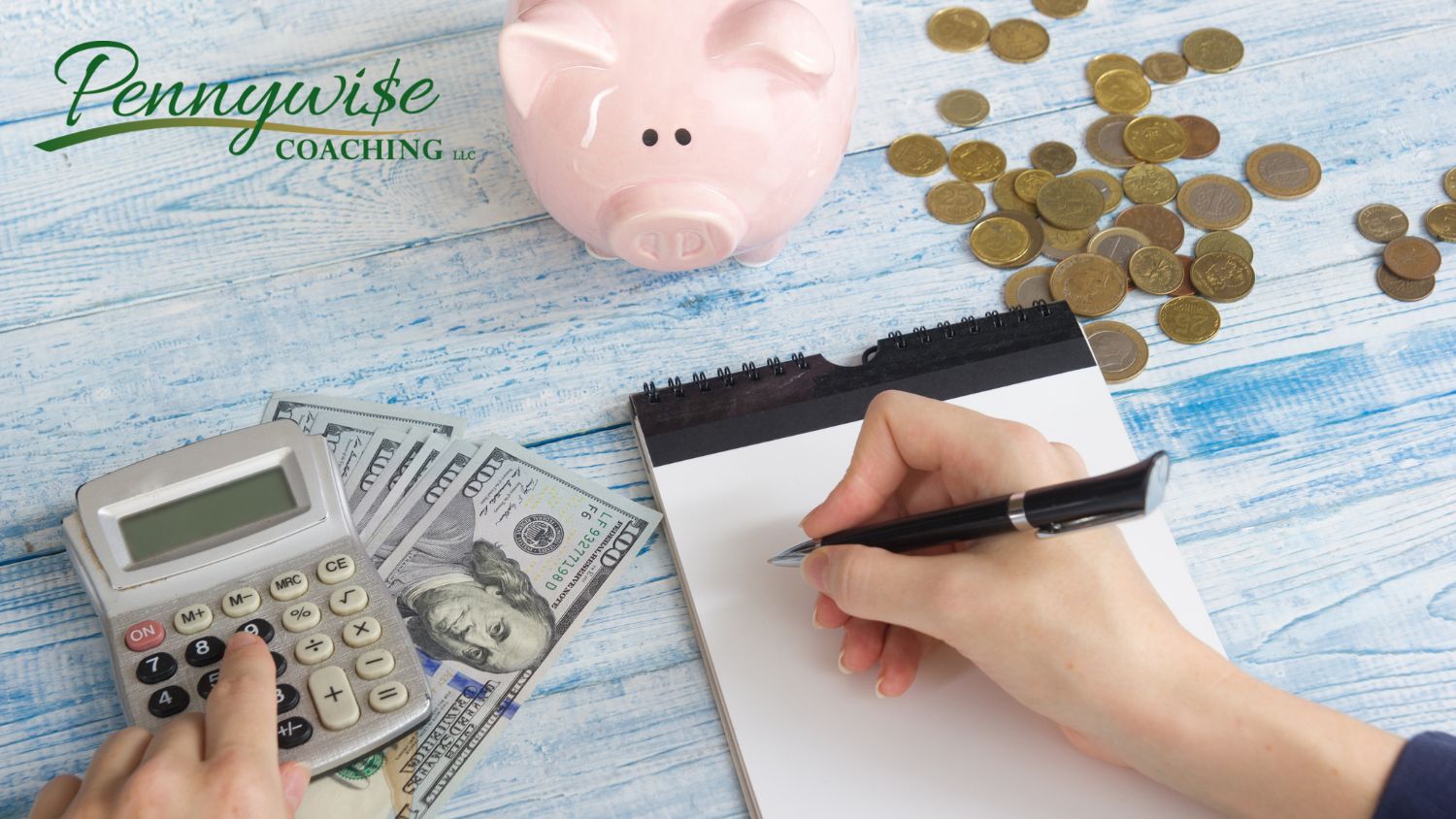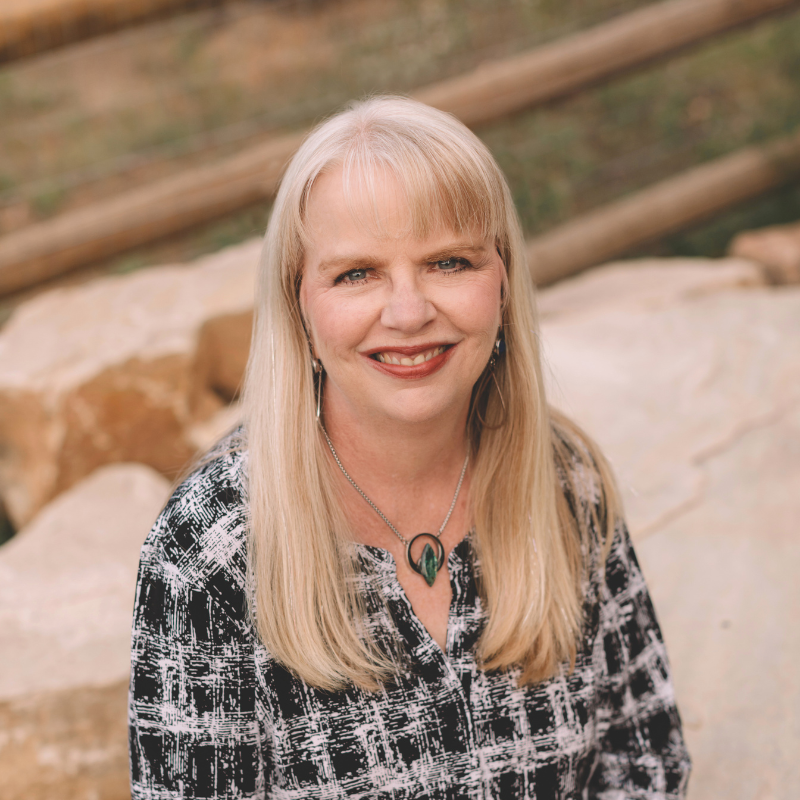An emergency fund is a vital component of any financial plan. It is a dedicated savings account set aside specifically for unexpected expenses or emergencies.
These funds can help protect against financial instability and avoid the need to rely on credit cards or loans in times of crisis. In this blog, we’ll explore the definition and purpose of an emergency fund, why it is important to have one, and tips for building and maintaining an emergency fund of your own.
So, what exactly is an emergency fund? Simply put, an emergency fund is a savings account set aside specifically for unexpected expenses or emergencies. These can include unexpected medical bills, home or car repairs, job loss, or other unforeseen financial challenges. The purpose of an emergency fund is to provide a financial cushion in times of crisis, helping to protect against financial instability and avoid the need to rely on high-interest credit cards or loans.
So why is an emergency fund so important?
There are several key reasons. First and foremost, an emergency fund protects against unexpected expenses. Life is unpredictable, and it’s not uncommon to face unexpected costs at some point. Whether it’s a car that breaks down or a sudden illness, having an emergency fund can help you weather these financial storms without going into debt.
An emergency fund also helps you avoid reliance on credit cards or loans. When faced with an unexpected expense, it can be tempting to turn to credit cards or loans to get through the crisis. However, this can lead to even more financial problems down the road, as you’ll be left with a high-interest debt that can take years to pay off. An emergency fund, on the other hand, allows you to cover unexpected expenses without incurring additional debt.
In addition to protecting against unexpected expenses and avoiding reliance on credit cards or loans, an emergency fund can also help maintain financial stability. Having a dedicated fund for emergencies can give you peace of mind, knowing that you have a safety net in place in case of financial challenges.
So how do you go about building an emergency fund?
The first step is to determine how much money to save. As a general rule of thumb, to build an emergency fund I recommend you aim for 3-6 months of expenses, (not your income). If you have high-interest credit cards prioritize paying off that debt before putting large amounts into savings. You don’t want to be paying 18%-29%+ interest on your credit cards just to build your savings, it has to be a balance. So, start with a smaller emergency fund of say $1000-$2000, and try to make fixed contributions of around $100/mo while paying minimums on credit cards. When the debt is paid off, grow your emergency fund to reach the recommended 3-6 months of expenses. When you need to, use the emergency fund instead of credit cards. Replenish it if depleted. You may want to stop paying extra on credit until you bring it back to the original amount.
Next, set up a dedicated savings account specifically for your emergency fund. This will help you keep your emergency funds separate from your other savings, and make it easier to track your progress. Make sure to choose a high-yield savings account or money market account to maximize your earnings.
Once you have a goal and a dedicated account in place, it’s time to make a plan for contributing to your emergency fund. Consider automating your contributions to make the process easier and ensure that you’re consistently adding to your fund. You might also consider cutting back on unnecessary expenses or finding ways to earn extra money to contribute to your emergency fund.
Maintaining an emergency fund is just as important as building one. Be sure to review and adjust your emergency fund regularly to make sure it’s still sufficient for your needs. Remember that your emergency fund is meant specifically for unexpected expenses or emergencies, so avoid dipping into it for non-emergencies. If you do need to use your emergency fund, be prepared to add to it as soon as possible to rebuild your cushion.
Want some help creating an emergency fund?
In conclusion, an emergency fund is a vital component of any financial plan. It provides a financial cushion in times of crisis, protects against unexpected expenses, and helps avoid reliance on credit cards or loans. Building and maintaining an emergency fund may require some effort, but the peace of mind and financial stability it provides are well worth it.
So if you don’t have an emergency fund yet, now is the time to start building one. Determine how much money you need to save, set up a dedicated savings account, and make a plan for contributing to your emergency fund. Remember to review and adjust your emergency fund regularly, and be prepared to add to it as needed. With a little effort and planning, you can have the peace of mind and financial stability that an emergency fund provides. Try Qube Money if you need help sticking to a budget.
If you are ready to take control of your finances and become intentional with your income, contact me to learn how to create a spending plan to eliminate debt and build wealth. We will schedule some time together and see if we are a good fit to work together. I’ll learn about your struggles and goals, and you’ll learn about my financial coaching program.
Schedule your Discovery Call today. In the meanwhile, be wise!

